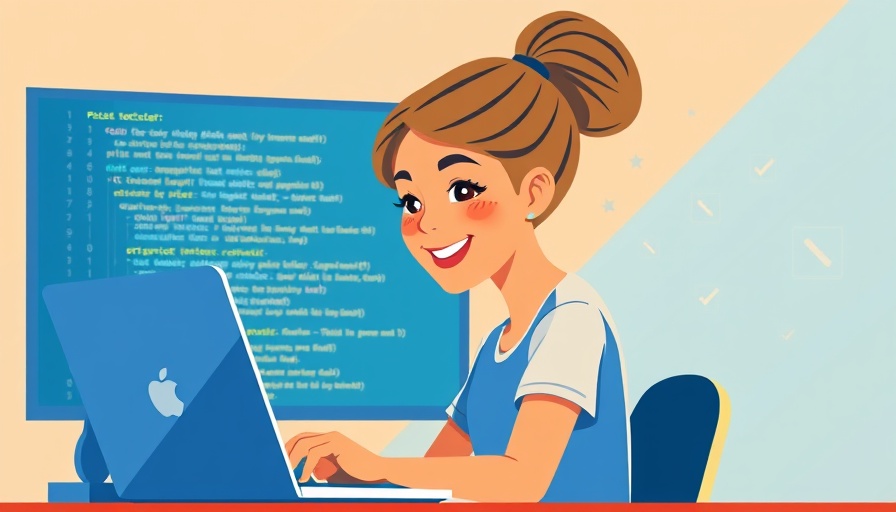
Should High School Students Still Learn to Code?
In a rapidly evolving technological landscape, the debate about whether high school students should learn to code intensifies. The rise of artificial intelligence tools like ChatGPT and Cursor has led some to question the necessity of teaching traditional programming languages in schools. However, experts argue that the ability to code goes beyond just learning a specific skill; it fosters critical thinking, problem-solving, and a structured approach to understanding complex issues.
The Case for Learning to Code
Szymon Sidor, an OpenAI researcher, strongly advocates for high school coding curricula. According to him, even though AI tools can automate coding tasks, learning to code helps develop a "structured intellect" essential for breaking down complex problems. He believes that this skill will remain valuable, regardless of the future of programming itself. Sidor states, "One skill that is at premium, and will continue being at premium, is to have a really structured intellect that can break complicated problems into pieces." Thus, coding serves as a gateway for students to build a fundamental skill set applicable across various domains.
The Competency Argument
Supporters of coding education highlight that understanding the basics of programming is like having a foundational knowledge of aerodynamics for pilots. Andrew Mayne, the podcast host and former chief science communicator at OpenAI, echoes this sentiment. "Whenever I hear people say, 'Don't learn to code,' it's like, do I want an airplane pilot who doesn't understand aerodynamics?" This analogy emphasizes that coding literacy could enhance a student's ability to engage with AI technologies and new platforms effectively.
Contrasting Views: Should Students Focus on AI?
On the other hand, Jensen Huang, the CEO of Nvidia, presents a contrasting viewpoint, suggesting that AI technologies already allow users to generate code with simple prompts. He argues that by using natural language AI, people can avoid the complexities of programming languages like Python or C++. This perspective raises a critical question: if anyone can use AI tools to write code with ease, is there still a place for coding in education?
Industry Insights on Coding Education
Big tech companies have increasingly leveraged AI in their development processes. Google and Microsoft have reported that their engineers are using AI to handle a substantial portion of programming, which has shifted industry dynamics. As we see a greater reliance on AI for coding, it creates a paradox; while coding skills may become less crucial for immediate coding tasks, they could prove vital in understanding how to manage and interact with AI effectively.
Emphasizing Critical Thinking Over Obsolete Skills
Coding education should emphasize critical thinking rather than merely teaching programming languages. Skills such as logical reasoning, problem decomposition, and systematic analysis are transferable and essential for many aspects of life and various career paths. As we continue to navigate an AI-rich environment, students with a grounding in coding will likely be better equipped to engage with advanced technologies, even if the coding landscape evolves.
Future-Proofing Education
The conversation surrounding coding education should aim not just to address current industry needs but to anticipate future demands. Educators can integrate coding into interdisciplinary curricula, allowing students to apply these skills in mathematics, science, and literature. This holistic approach ensures students are not just learning to code but are developing comprehensive problem-solving abilities.
Taking Action: What Next for Education?
As business owners and leaders in various industries, it is crucial to advocate for the inclusion of coding and computational thinking in education. By supporting educational reforms that prioritize these skills, you can help prepare the next generation for careers that will undoubtedly demand technological fluency.
Ultimately, whether coding remains a sought-after skill might hinge on how well we can redefine its role in education. As technology evolves, so must our approach to teaching the youth about it.
Encouraging coding literacy among high school students will not only equip them with technical skills but will also cultivate a mindset essential for tackling the challenges of tomorrow's workforce.
 Add Row
Add Row  Add
Add 



Write A Comment